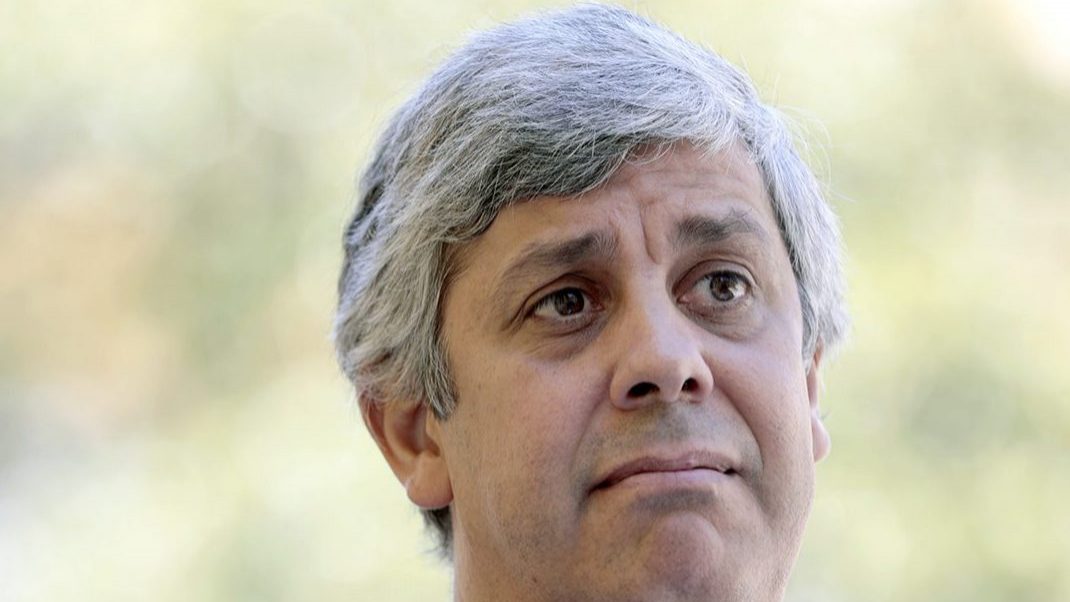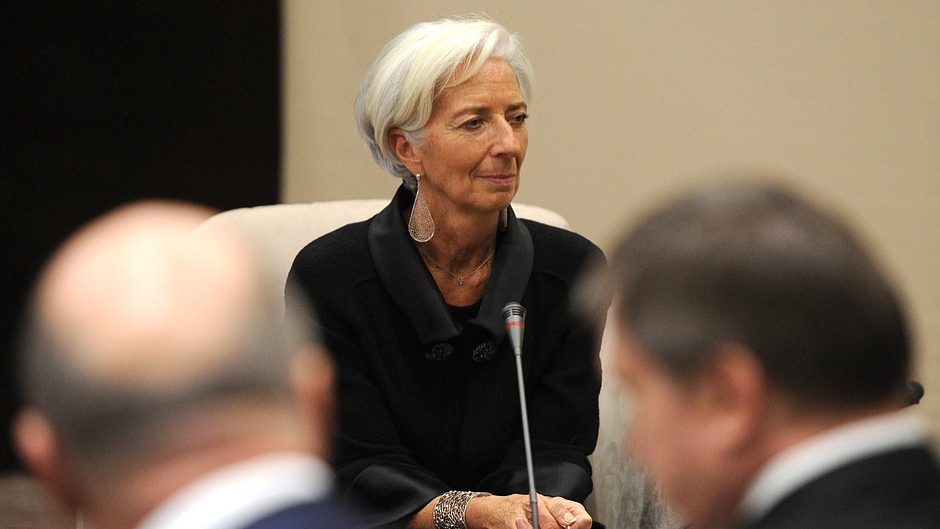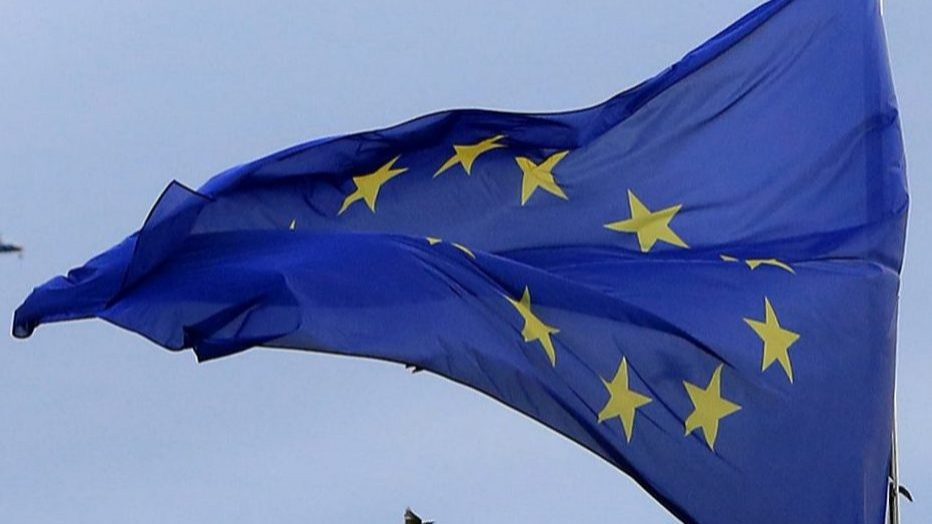Centeno says ECB must be careful not to be misled by price increases
Recalling the rise in interest rates in 2011, Mário Centeno argues that the ECB should be "even more conservative" in how it reacts to inflation.
The recent price increases have drawn attention in Frankfurt, where they want the European Central Bank (ECB) to tighten the pandemic-era stimulus measures to curb inflation. Mário Centeno, governor of the Bank of Portugal (BoP) and a member of the ECB’s governing council, has a different view and leaves the warning: the central bank should be “even more conservative” in how it moves from now on, as it has been fooled by news about inflation in the past and should not make the same mistake now.
“We were fooled by some news on inflation in the past, which prompted us to act in the wrong way, so we don’t want, definitely, to commit the same sort of errors this time,” Centeno warned in an interview with CNBC.
In 2011, during the debt crisis, the ECB raised interest rates, taking the market by surprise, with then-president Jean-Claude Trichet defending himself from criticism in the face of inflation figures. In August, inflation reached 3%, the highest value in ten years, increasing the debate on whether the central bank should reverse its monetary policy.
Centeno says the ECB needs “to be very — I’d say even more — conservative in the way we tackle this issue.”
“We need to guarantee favourable financing conditions to all sectors in our economy as we go out of [the] crisis and we are not yet there, we are not yet out of the woods,” the governor of the Bank of Portugal stressed in the same interview.
The ECB announced a fortnight ago that it will reduce the pace of public debt purchases, in what President Christine Lagarde said was just a recalibration. Lagarde argued that many of the factors that are driving inflation are “temporary” and that over the medium term the inflation rate remains below the 2% target. According to ECB, this number is then expected to come down to 1.7% and 1.5%, respectively in 2022 and 2023.


